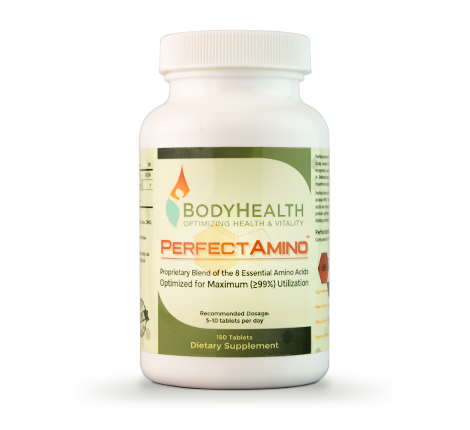Eating the right fruits in the right proportions can actually assist with insulin sensitivity and help lower your risk of developing many conditions that are associated with diabetes – obesity, high blood pressure, heart disease, even cancer.
So, what are the best fruits for diabetes and why?
But Wait… Won’t My Blood Sugar Go Up?
‘I can’t eat fruit because it contains sugar and will send my blood sugar up.’Ever heard or thought that before? Despite any rumors you’ve heard, fruits can assist in managing your blood glucose levels. The fact is that many fruits are low on the glycemic index and will not spike your blood sugar like bread, baked goods or other high gluten-based carbohydrates.
Most diabetic people have no need to reduce their consumption of fruit and veggies. Fruits are very helpful for digestive health, the immune system, general health, and even regulating blood sugar.
What you need to know is which one's are the best fruits for diabetes and some appropriate serving sizes. By the way, eat the fruits themselves instead of drinking fruit juices so that you receive all the soluble and insoluble fiber that slow down the absorption of sugars.
Blackberries
A case could be made that blackberries are the very best fruit for diabetes. They (and indeed all berries) score below 40 on the glycemic index. And they’re delicious. Berries contain fructose which does not require insulin to be metabolized. Most diabetics should safely be able to have ¾ of a cup of blackberries at a time. 100 grams of blackberries have only 5 grams of sugar while packing in 5 grams of fiber to prevent blood sugar from spiking.Blueberries
Blueberries are an antioxidant super-food. The little orbs are packed with big flavor and benefits. With only 10 grams of fructose and 2 grams of fiber per 100 grams of blueberries, most diabetics should be OK with ¾ of a cup at a time. In addition, the 2 grams of fiber in the berries will help the sugar be absorbed much slower.Strawberries
Strawberries contain 5 grams of fructose per 100 grams. Because they’re larger than other berries, they have a lower carbohydrate density and the perception is that you are getting more to eat. Up to 1¼ cups at a time are good. They’ll provide you with fiber, folate, your daily vitamin C, and manganese.Avocados
Maybe avocados aren’t a sweet fruit in the traditional sense, but they are a fruit. And a superfood fruit, at that, especially for people with diabetes.They contain no sugar at all. Plus they are 7% fiber, low in carbohydrates, and high in monounsaturated fats, all of which can help with insulin sensitivity.
Watermelon
Who doesn’t like a slice of watermelon on a hot day? Your first assumption may be that it contains a lot of sugar. But remember the first part of its name: water. It has 6 grams of sugar per 100 grams and it’s the water content that helps keep it so low. It’s also high in lycopene which can improve insulin sensitivity.Tart/Sour Cherries
Tart cherries are the bright red ones that have a combined sweet-sour flavor. One cup of them is packed with antioxidants to reduce inflammation (the cause of so many diseases). When they’re in season, get them fresh. If you’re considering buying canned cherries, read the labels carefully because it is common practice for sugar to be added to these products. We recommend avoiding dried cherries because the sugar concentration in them is very high.
Apples
Apples can be great for diabetics, provided the peel stays on. The peel adds to the fiber, making the 10 grams of sugar in 100 grams easier to handle. A study tracked 75,000 people for a decade and found that those who consumed more apples were 11% less likely to suffer a stroke. Since strokes are common with people with type 2 diabetes, an apple a day truly CAN keep the doctor away.Apricots
Apricots pack a huge punch, making them easily one of the best fruits for diabetes. They have 9 grams of sugar per 100 grams of fruit (roughly 2-4 medium-sized apricots minus the pit). Incidentally, this is the daily recommended serving and provides over 50% of your total daily dose of vitamin A. They have a good amount of fiber with only 17 calories and 4 grams of carbs per apricot.‘How Do I Manage These Fruits Each Day?’
Good question. The simple answer is that you don’t have to become an expert researcher into all these fruits and how to portion them out for your diabetes. Simply subscribe to a comprehensive diabetic life support program that lays out all necessary information for you, including meal/snack plans and supplements for every day, right down to exact and balanced proportions.Following such a program can bring your diabetes, blood sugar and insulin issues under control and keep them that way for the long-term. Then you can safely enjoy all these great fruits for diabetes and many other foods secure in the knowledge that you won’t spike your blood sugar and can look to a better, brighter future.
Source: https://diabeticmanual.com/


